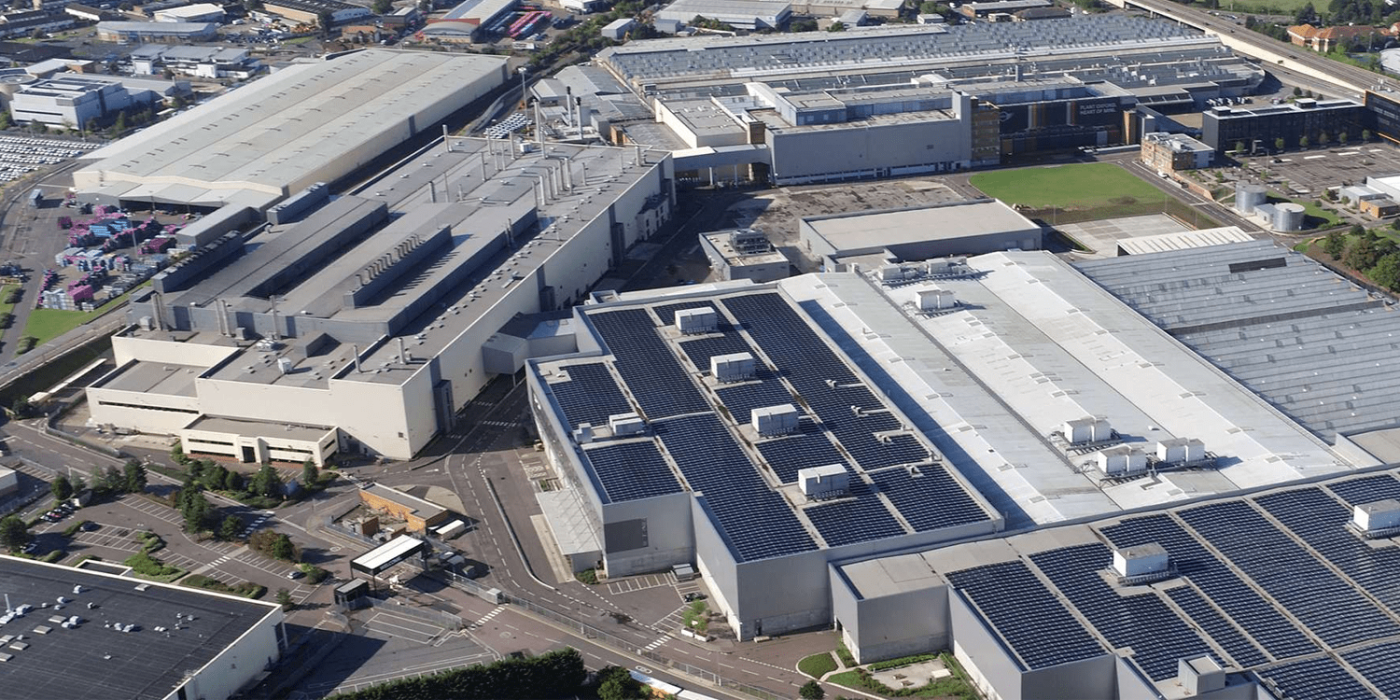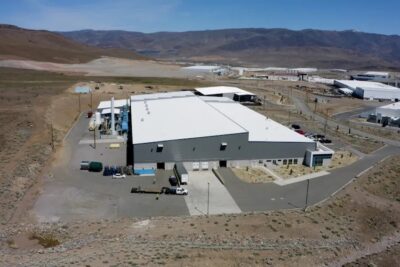Rules of origin for EVs: EU and UK ready to compromise
When the rules of origin for electric cars in the EU will come into force is up for debate again – or still. Maroš Šefčovič, Vice President of the EU Commission, told the Financial Times that the measure could be postponed by a year or be interpreted very loosely in 2024 to smooth over a conflict with the UK and European carmakers.
In the course of Brexit negotiations, the UK and the EU agreed that from 2024, only electric cars with at least 45 per cent of components made in the EU or UK can be sold duty-free across the Channel; for the battery, this quota is as high as 60 per cent. If EVs do not meet the requirements, they are subject to tariffs of 10 per cent.
The British government had initially asked for a three-year postponement of the implementation of the rules. However, the EU rejected this request in July. Nevertheless, Downing Street wants to give car manufacturers more time to shift battery procurement from Asia to Europe.
The latter would welcome the compromise. It had previously warned that the planned tariffs could cost them billions and dampen demand for electric vehicles.
Germany and ten other EU member states have spoken out in favour of a postponement until 2027. France, on the other hand, is against such a deal. According to the FT, however, Paris could accept a compromise to postpone the rules of origin by only one year.
Paris itself only defined new rules for the promotion of electric cars. With the reformed eco-bonus, electric vehicles produced in the EU will then be indirectly subsidised, as – among other things – the CO2 footprint of production will be taken into account.
Šefčovič told the newspaper: “What is important is how you actually do the counting of the rules of origin. We are in the process of developing this methodology and building up the battery industry in Europe and in the UK so I think we have to recognise as originating in Europe any part of that battery [that is European].”
He declined to give further details but stressed that the rules could only be delayed by one year to encourage investment in battery manufacturing in the EU.
However, whether the UK will be satisfied with the deal remains unclear. A joint solution is needed “to avoid consumers facing tariffs on electric vehicles from 2024 which do not apply to diesel cars”, London says. The British government says it is ready to cooperate with the EU Commission, but did not go into detail.





0 Comments